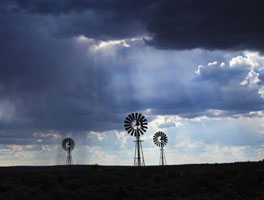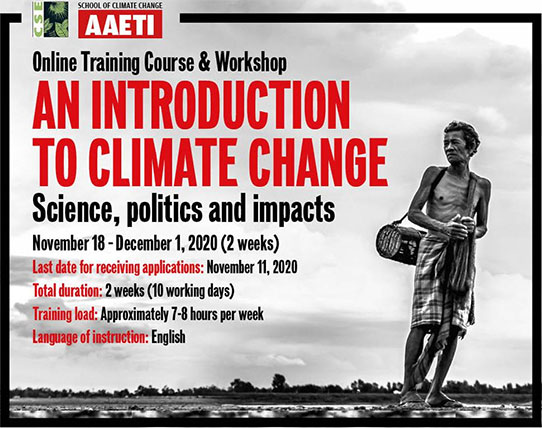 |
|
 |
| |
 |
|
| |
| EXTREME WEATHER TRACKER |
| |
Telangana’s heavy showers have sure shot imprint of climate change| 14 October 2020
|
 |
 |
|
|
| |
 |
|
| |
 |
 |
Changes in South Africa’s rainfall seasons could affect farming and water resources| 14 October 2020
|
|
|
| |
 |
|
| |
|
|
| |
|
|
| |
|
|
| |
 |
|
| |
|
|
| |
 |
|
| |
|
|
| |
 |
|
| |
CLIMATE NEWS | SCIENCE| IMPACTS| POLITICS |
|
| |
 |
|
| |
|
|
| |
 |
|
| |
|
|
| |
 |
|
| |
|
|
| |
 |
|
| |
|
|
| |
 |
|
| |
|
|
| |
 |
|
| |
 |
|
| |
|
|